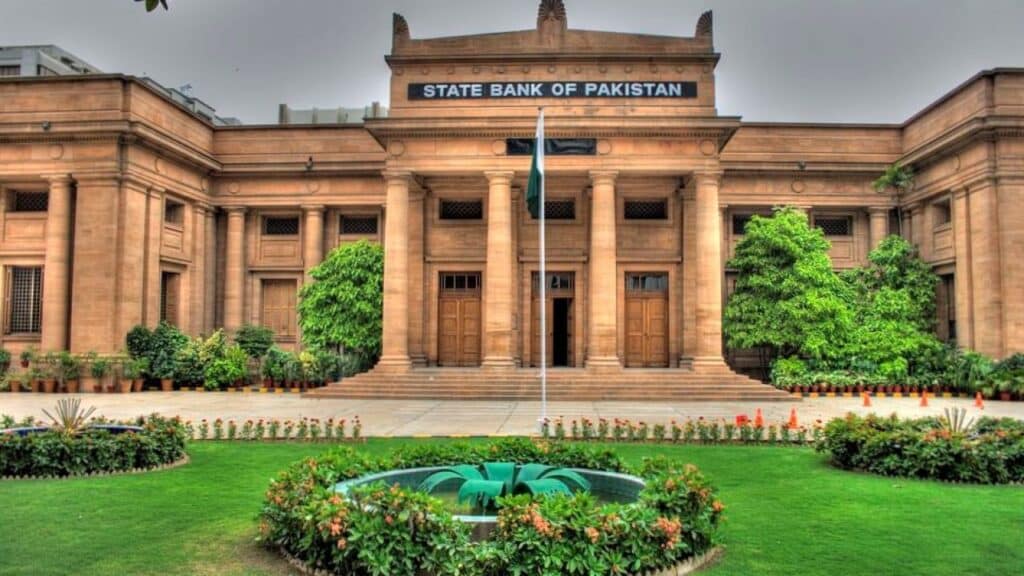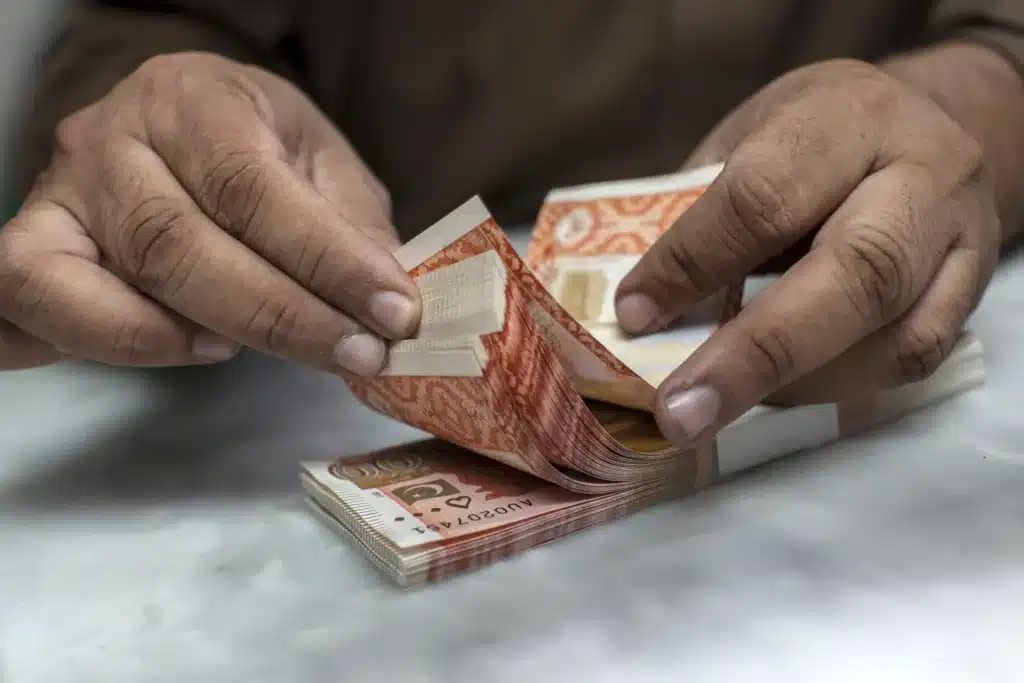ISLAMABAD: Pakistan’s national finances have taken a worrying turn, shifting from a surplus back into a deficit after just one month.
According to the State Bank of Pakistan, the country’s current account—which measures the flow of money into and out of the country from trade and investments—recorded a deficit of $254 million in July. This is a sharp reversal from June, when the country had a healthy surplus of $340 million.
This is concerning because the last fiscal year had ended on a very positive note, with Pakistan recording its first annual surplus in 14 years.
Financial experts explain that the main reason for this sudden deficit is a growing “trade gap.” Simply put, the country is spending more money on importing goods than it is earning from exporting them. When imports grow faster than exports, it drains foreign currency from the country.
This new deficit is bad news for the average citizen because it can put pressure on the Pakistani rupee, potentially causing its value to fall against other currencies. This can make imported goods, like fuel and machinery, more expensive for everyone.





